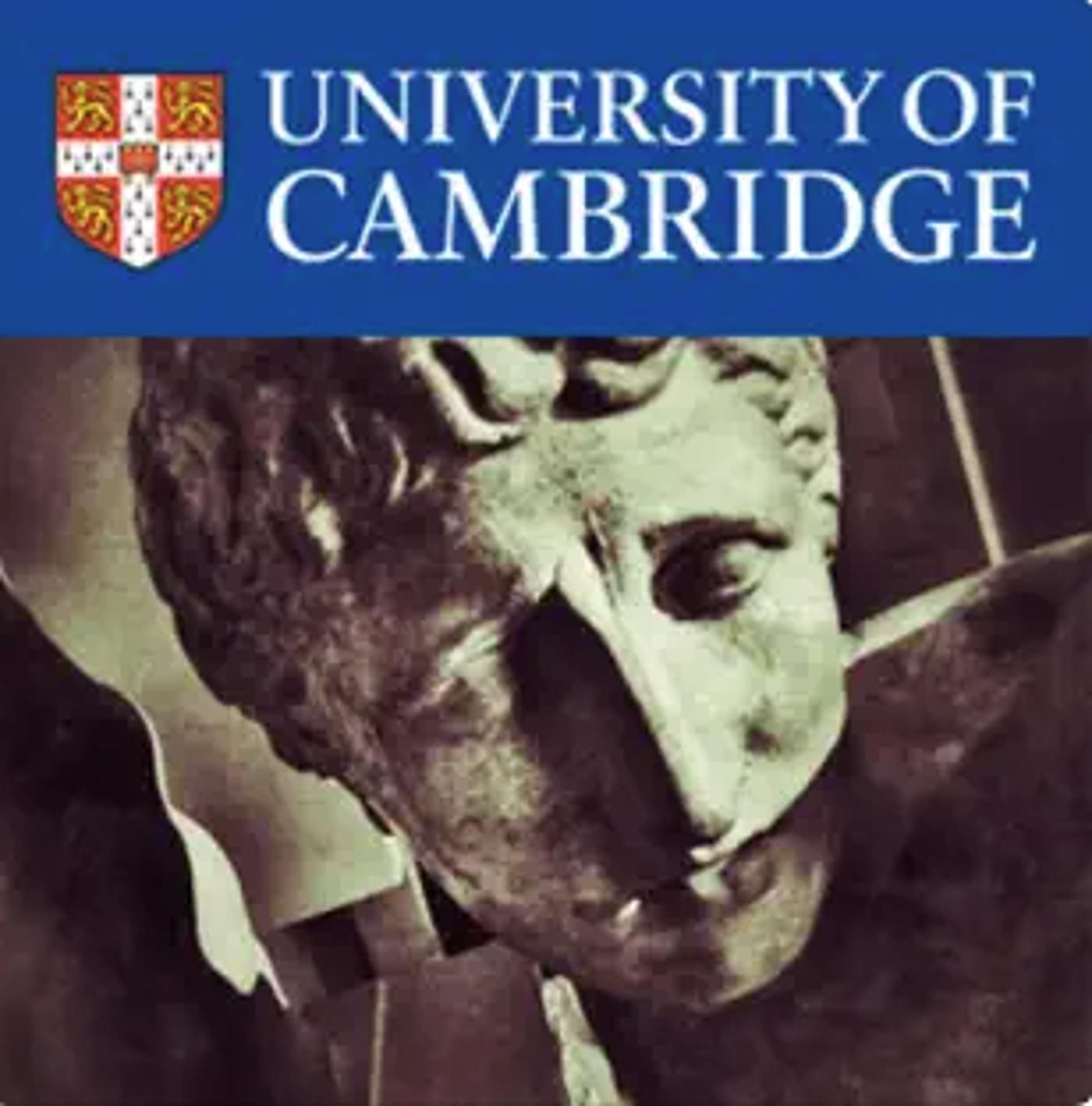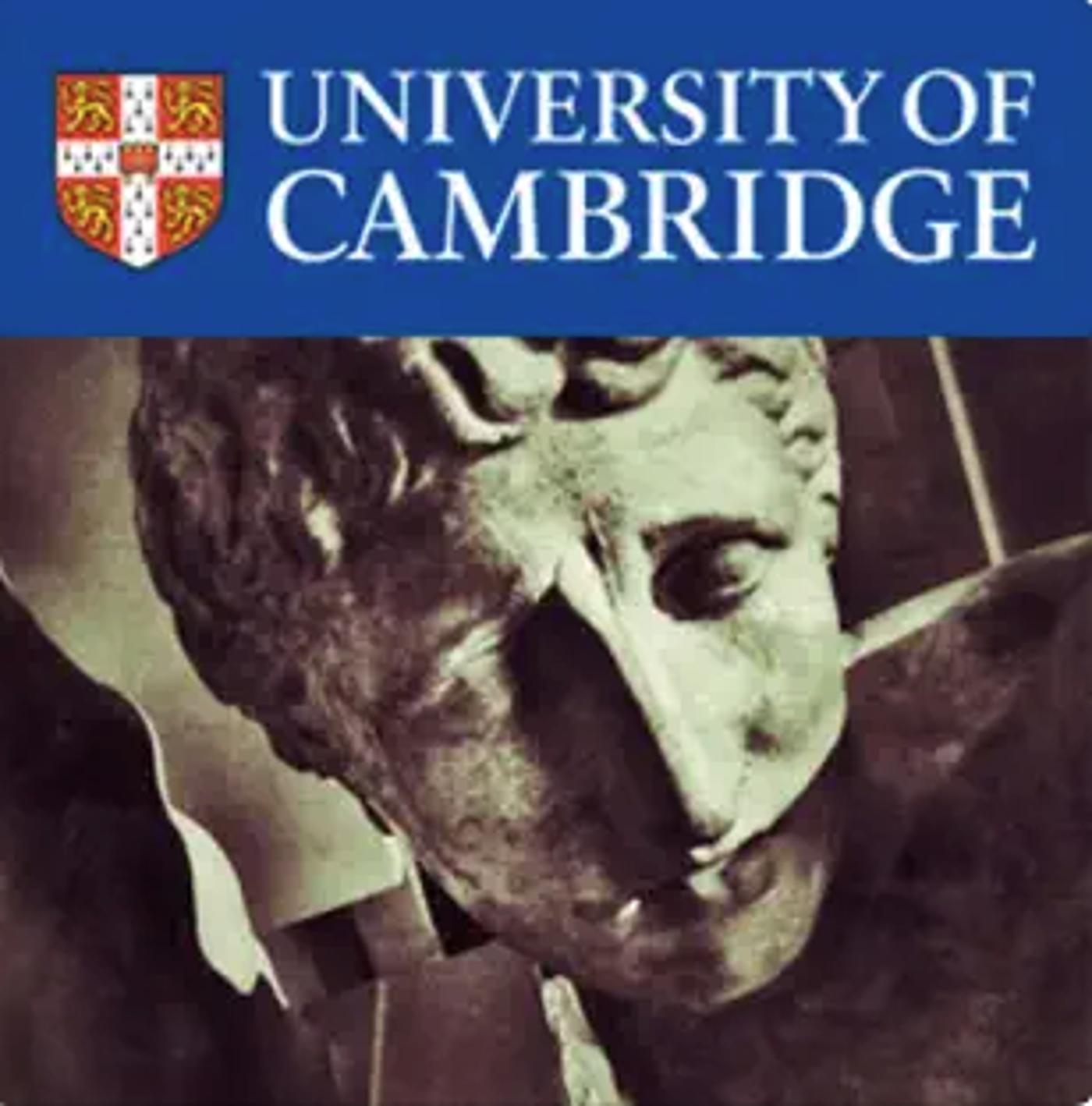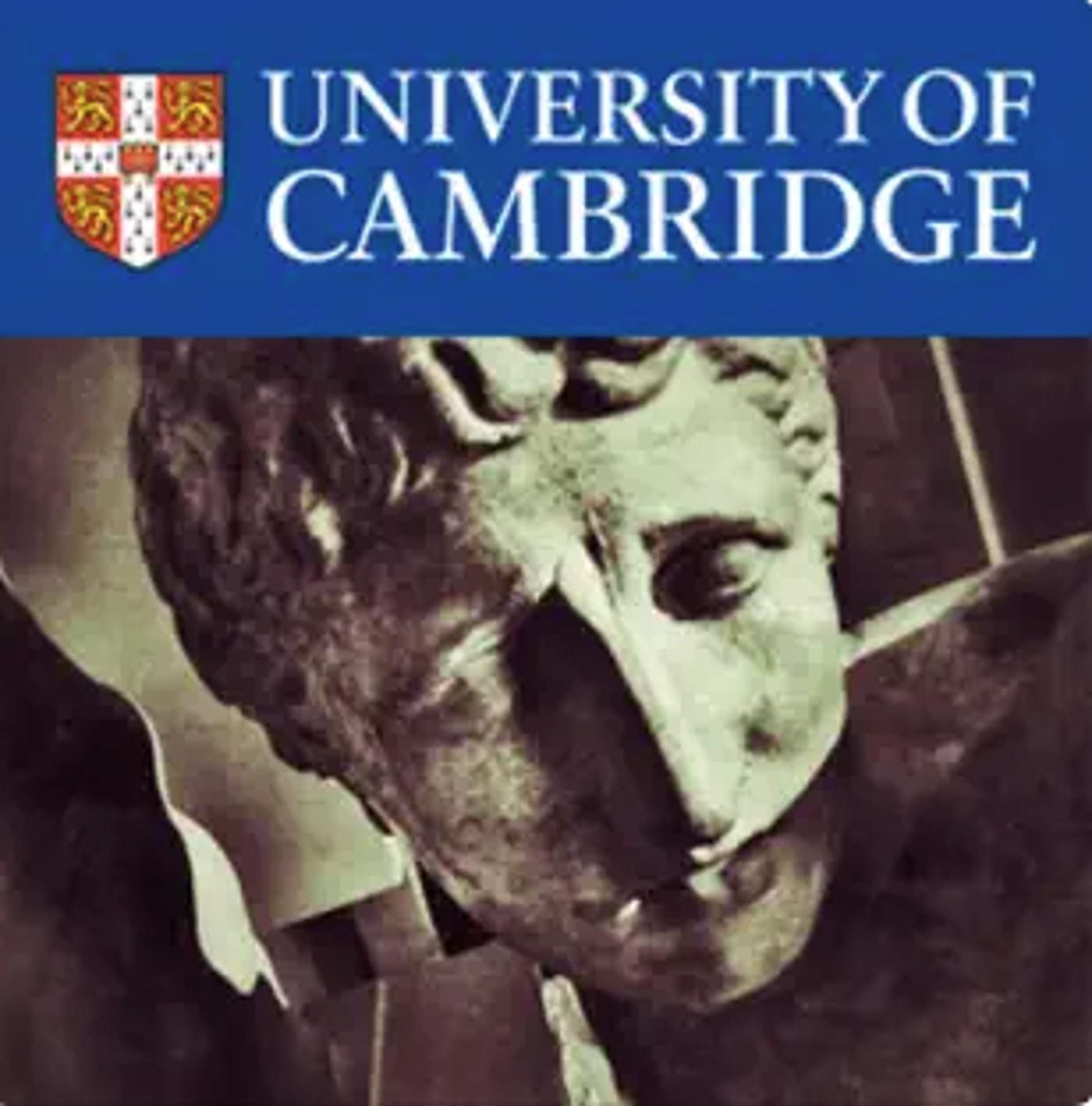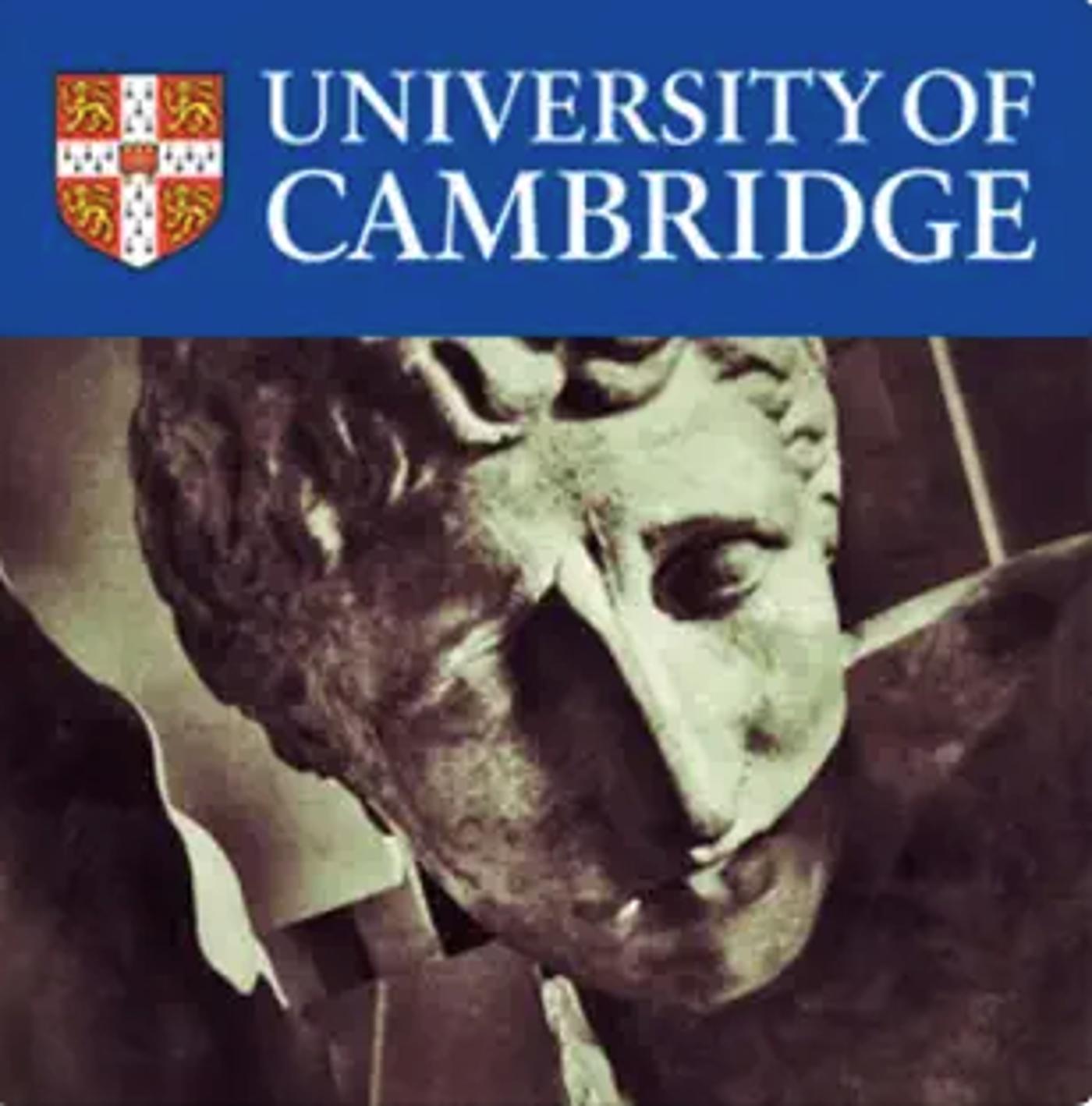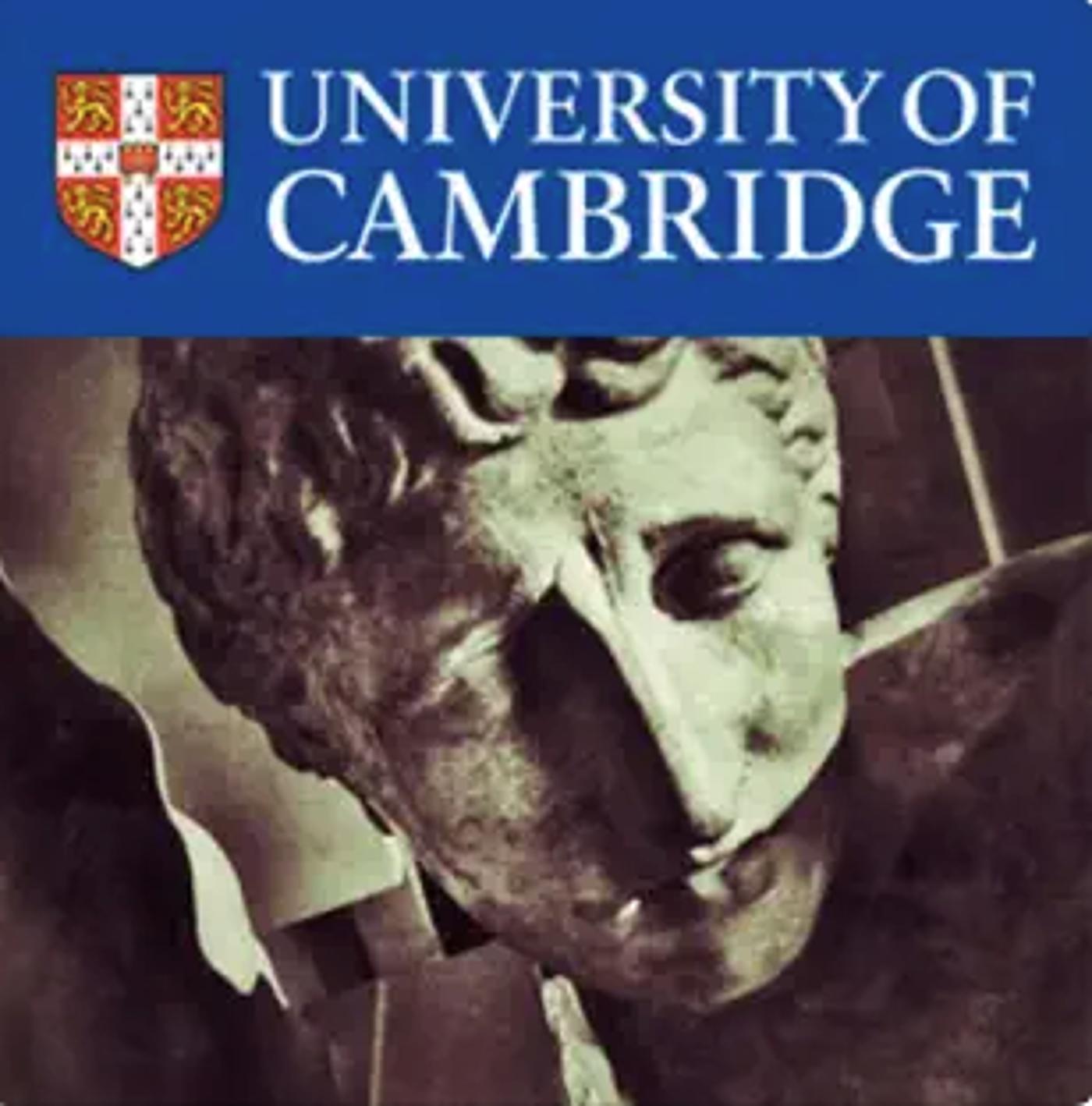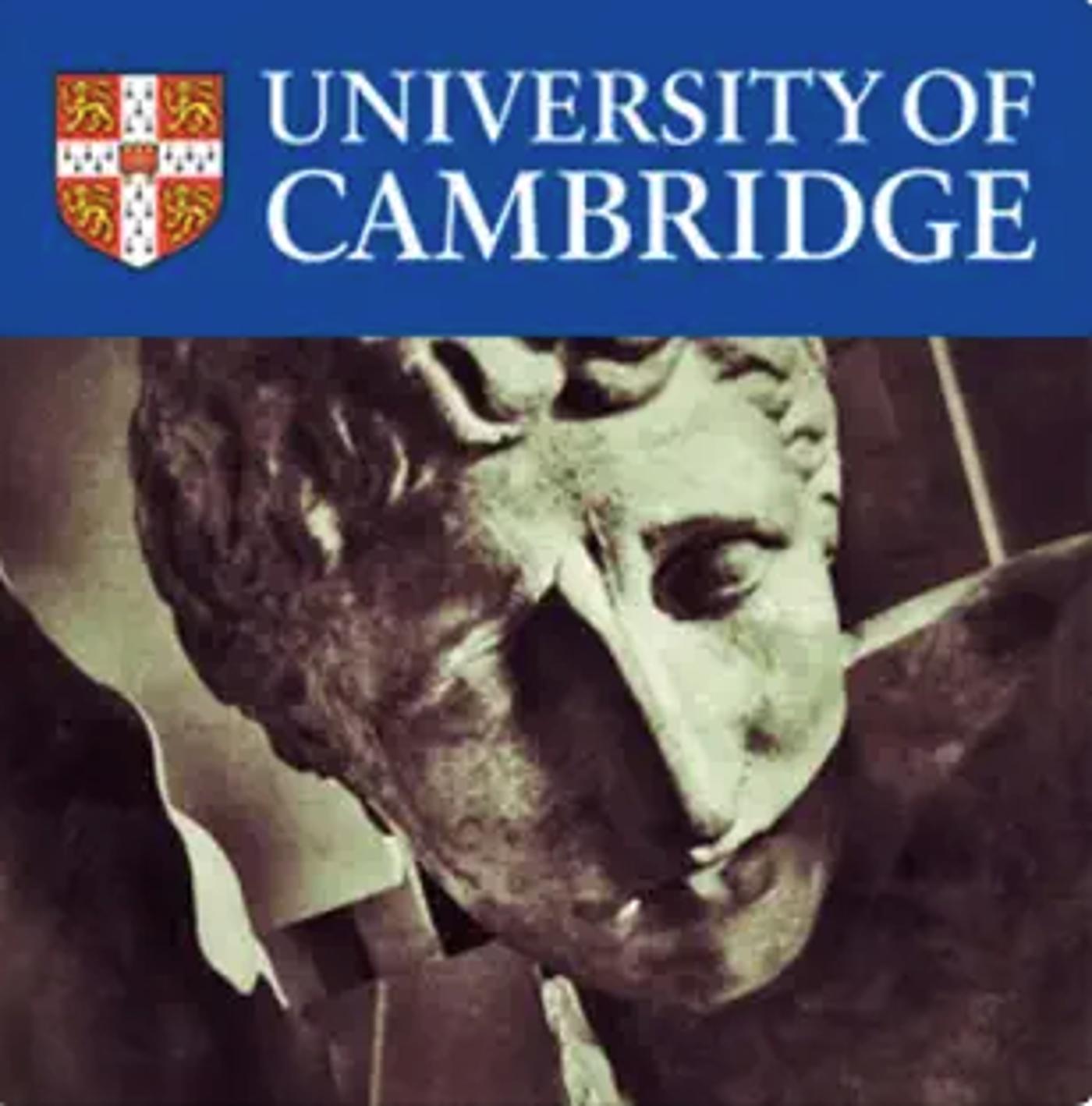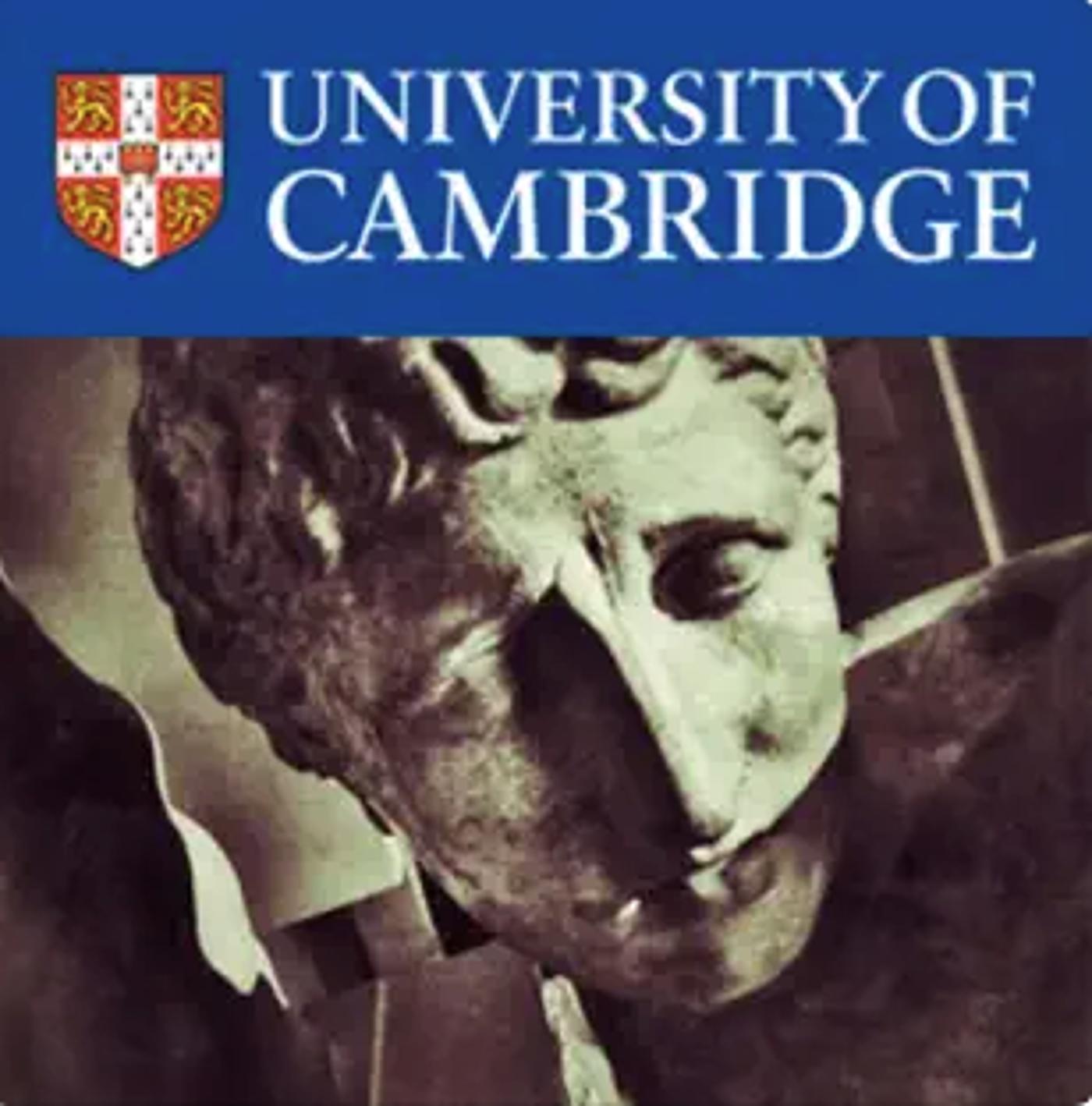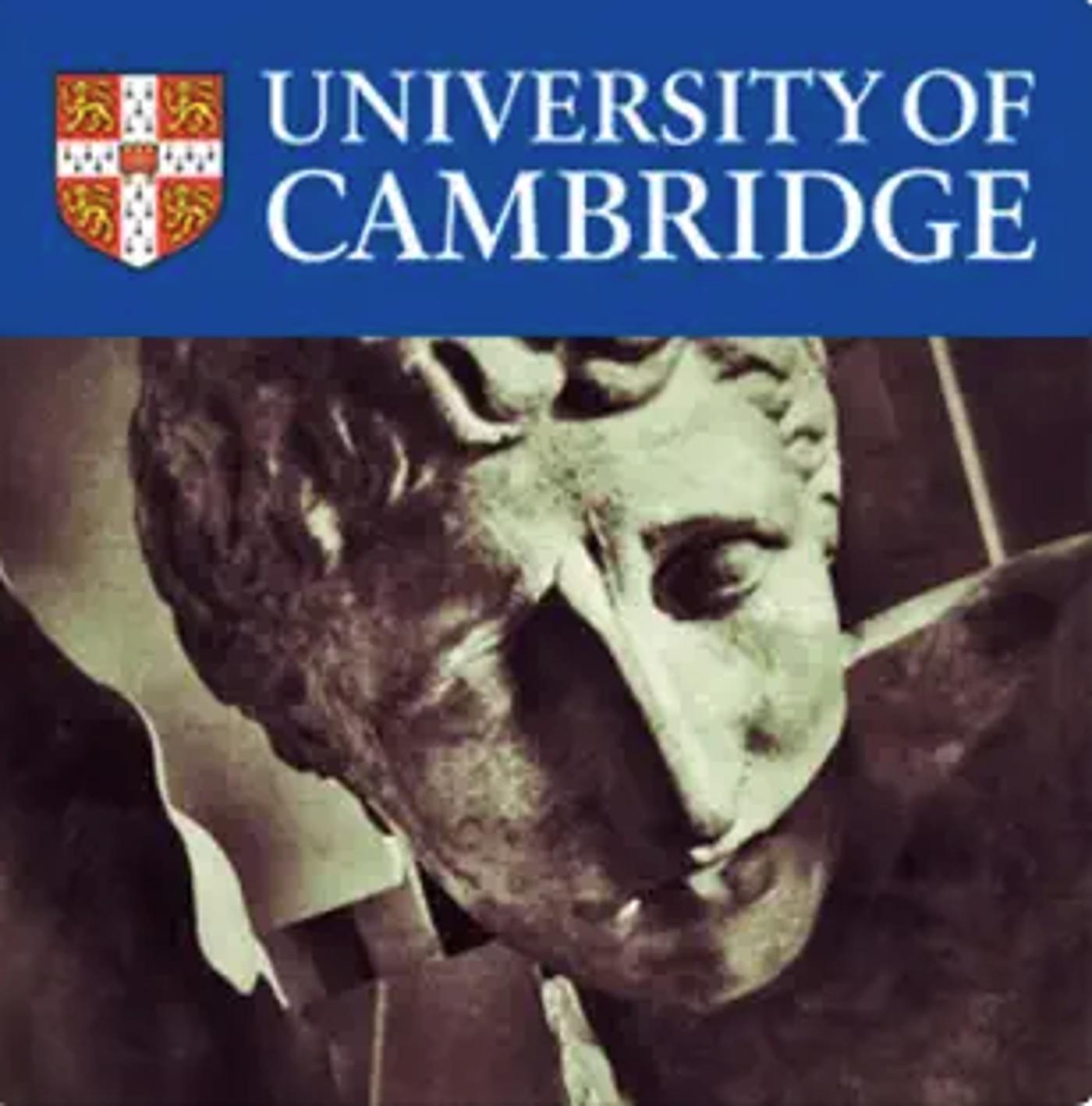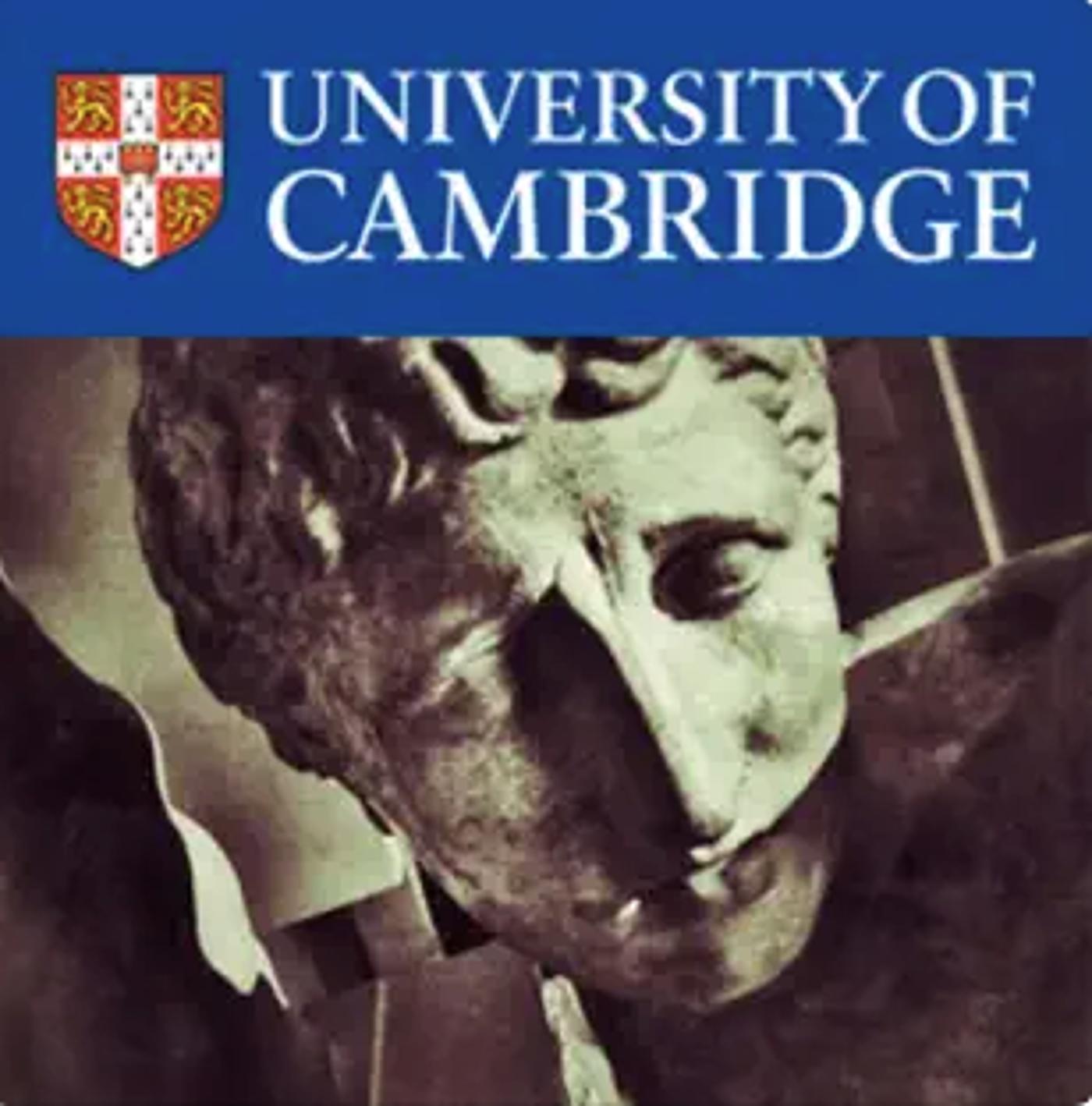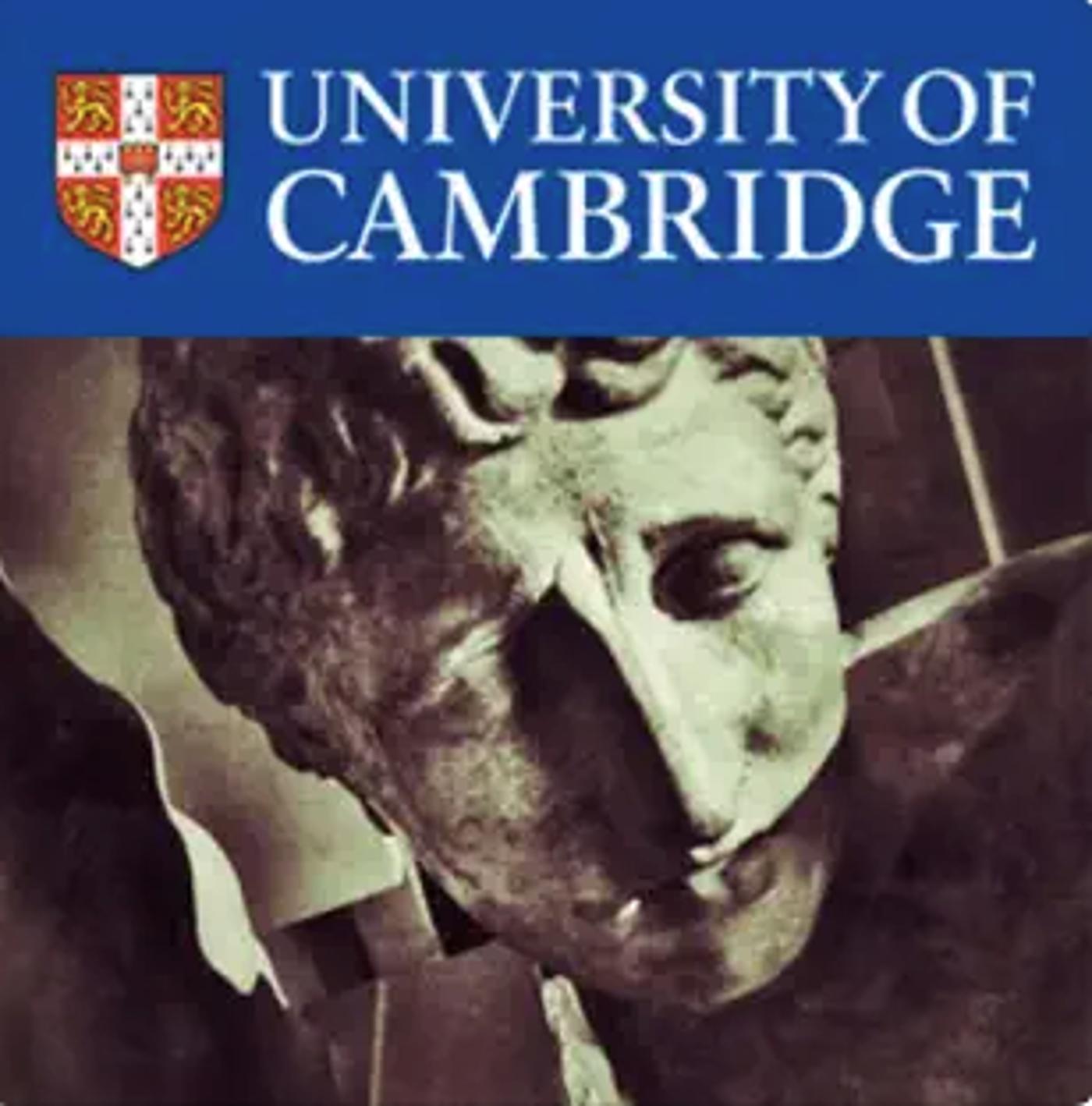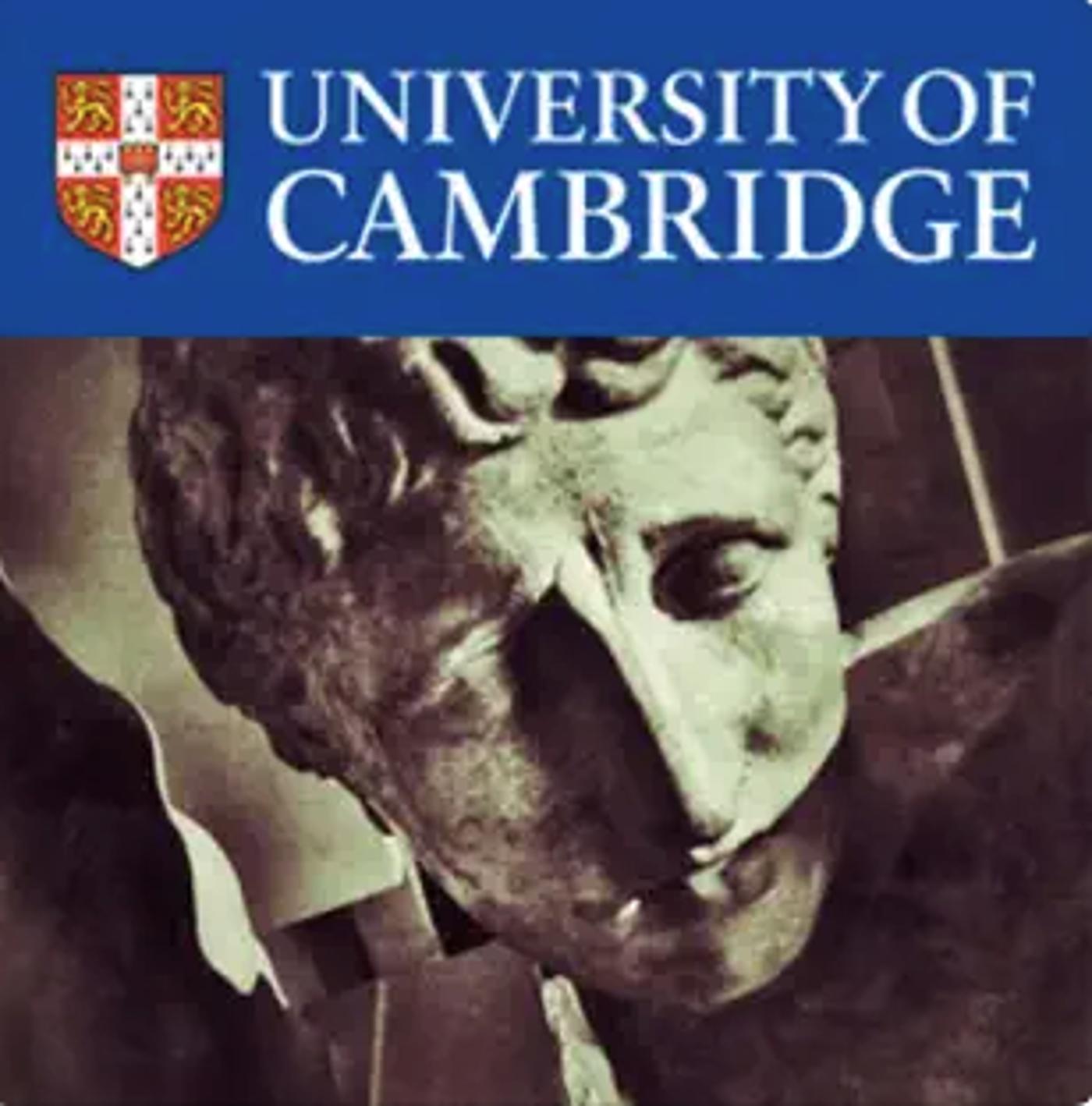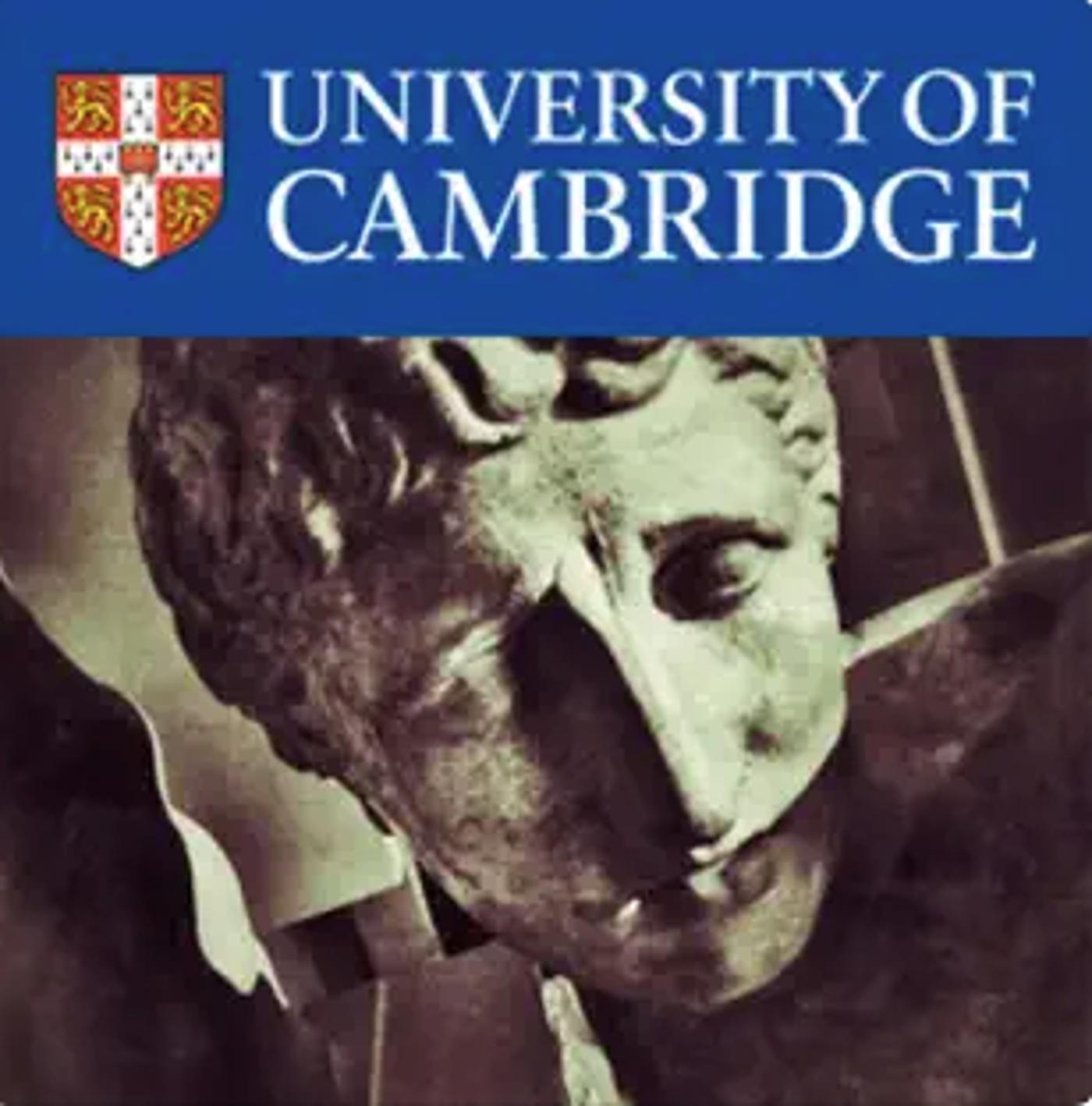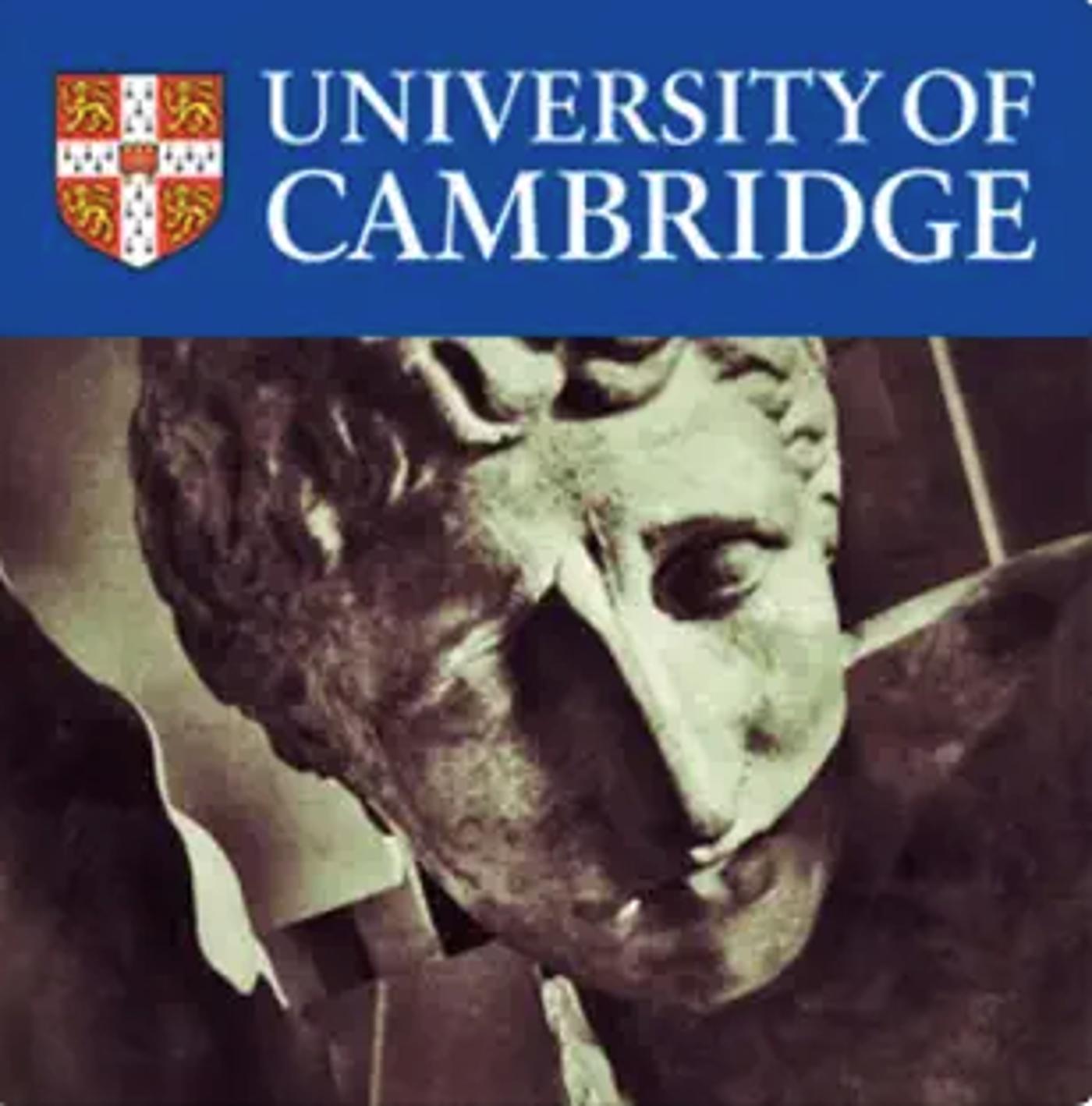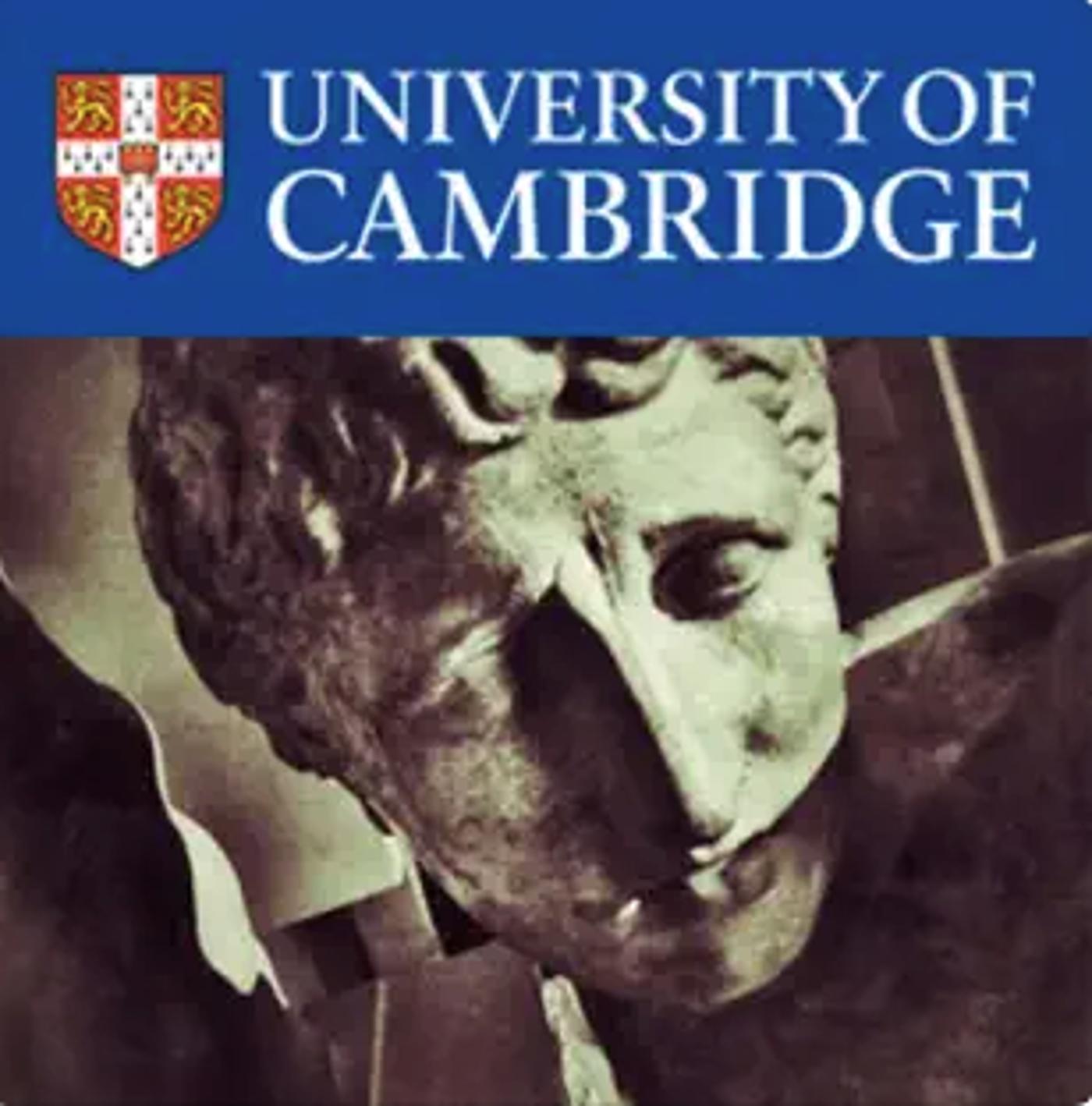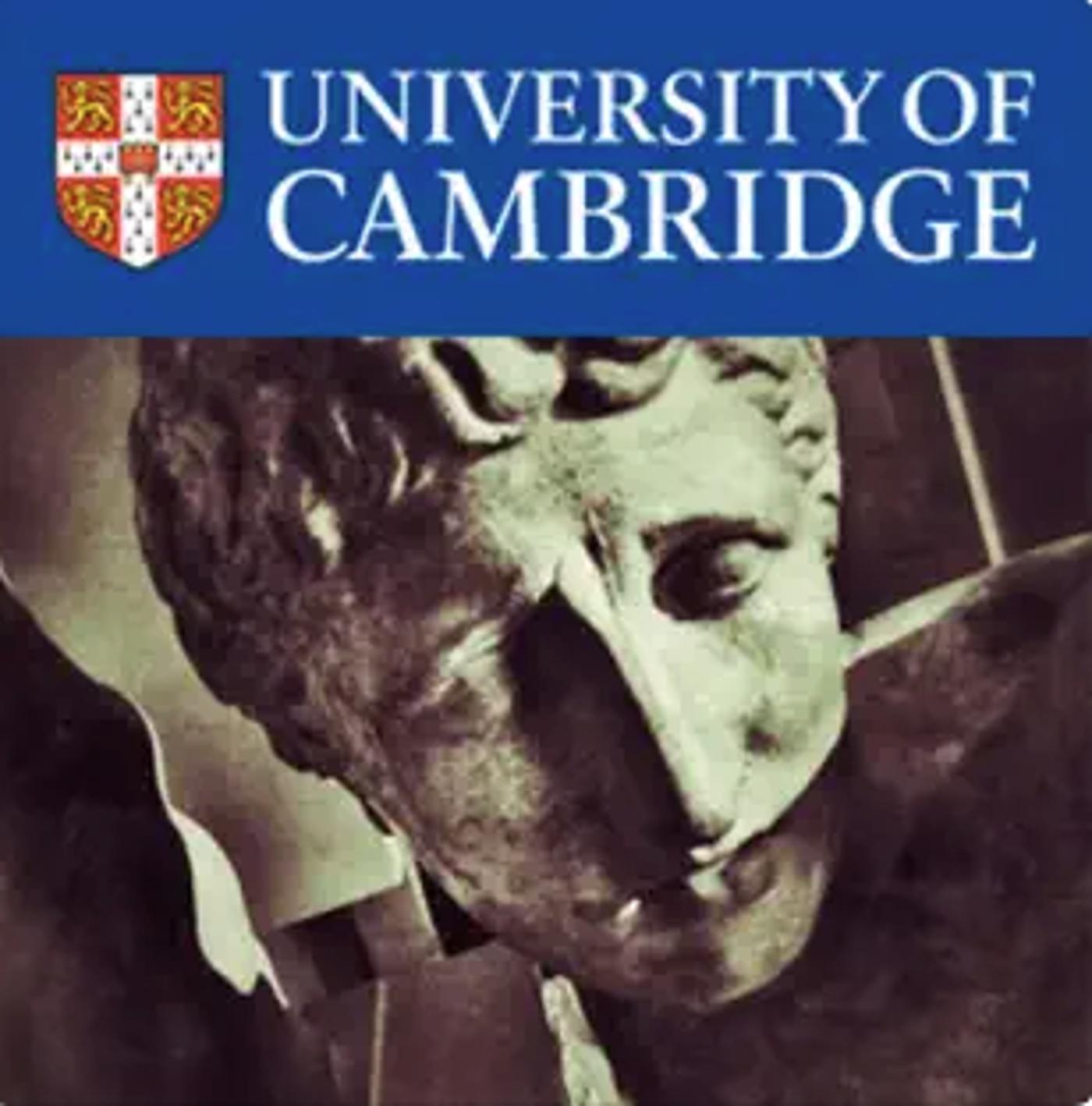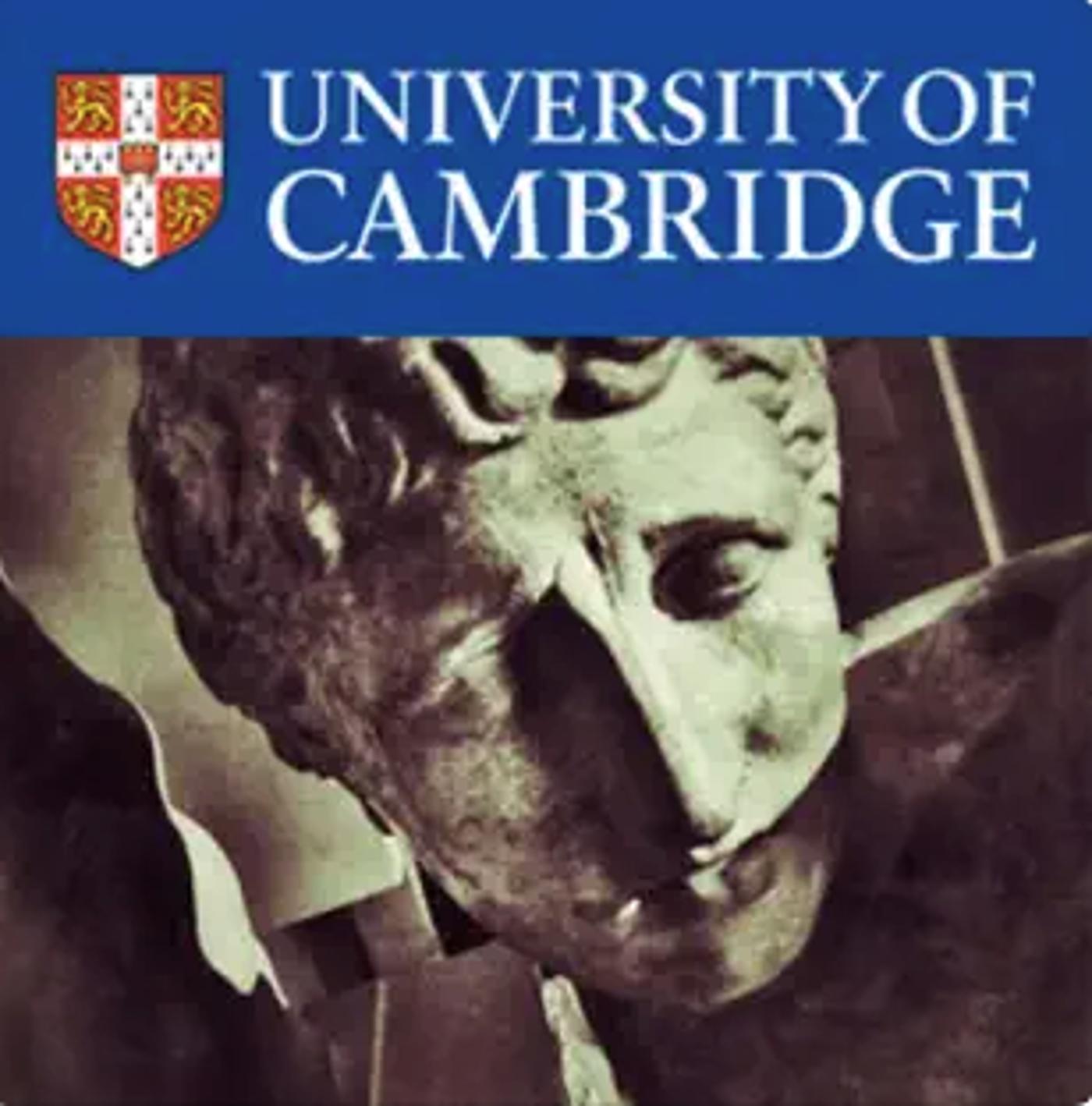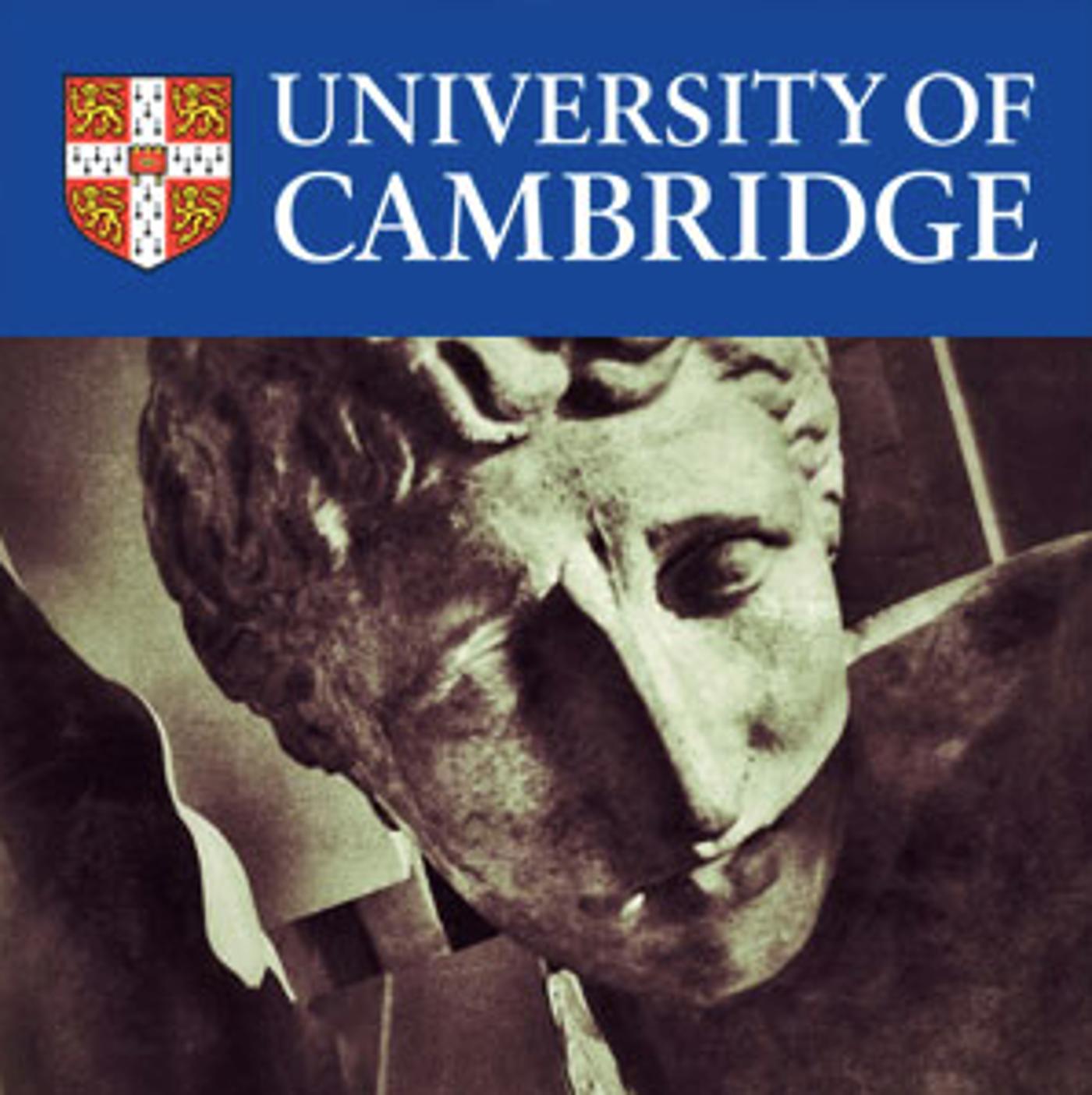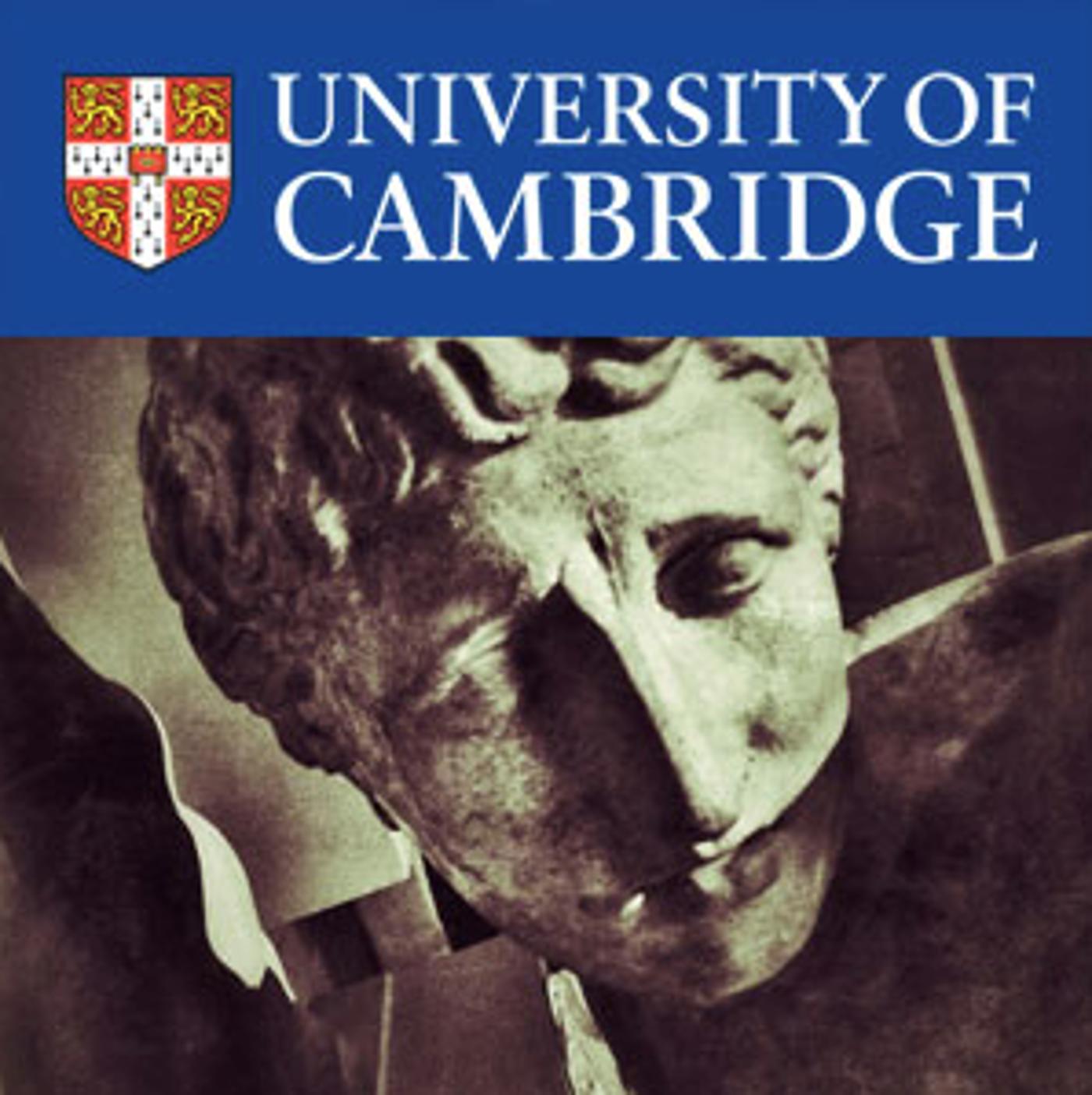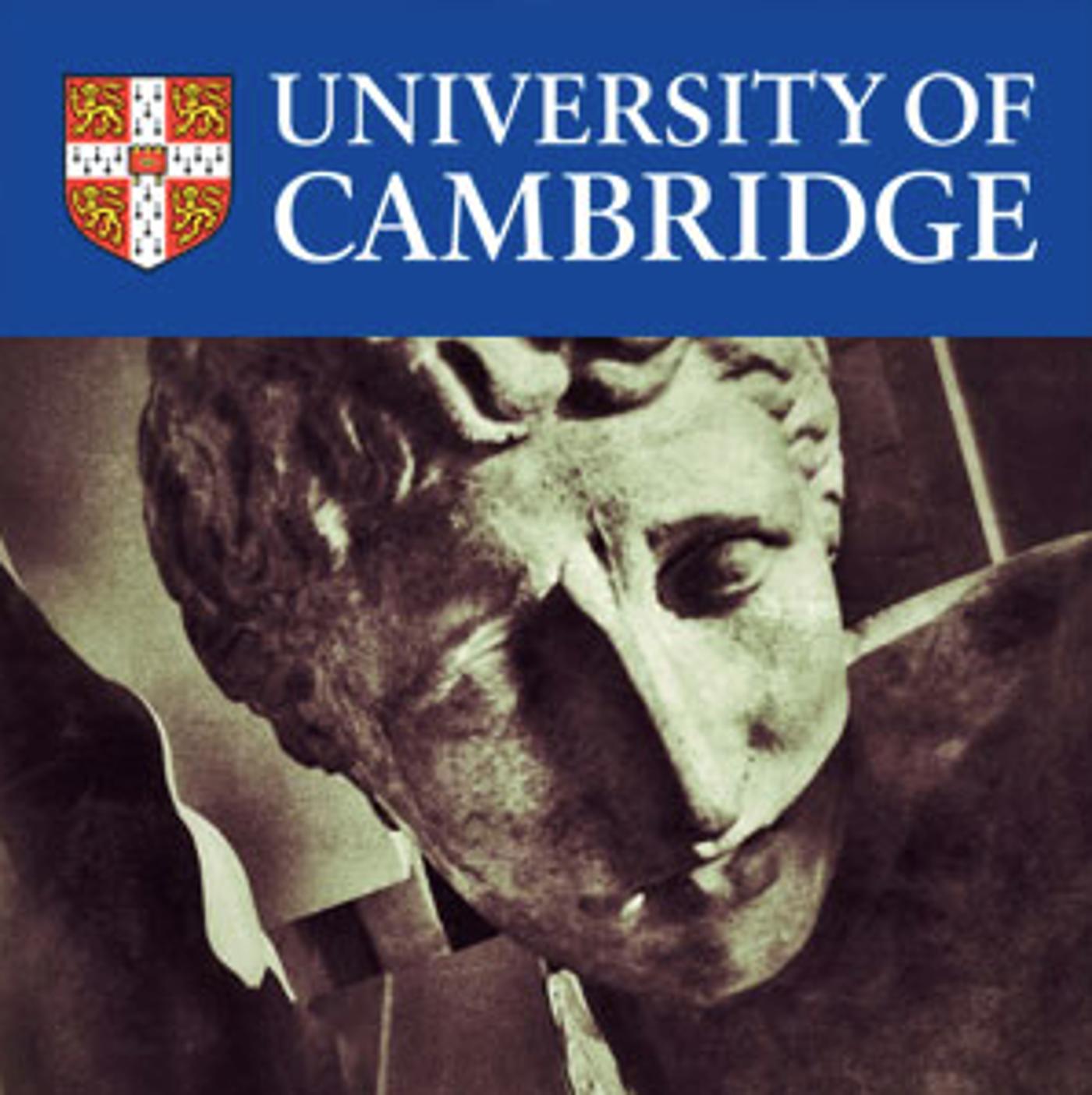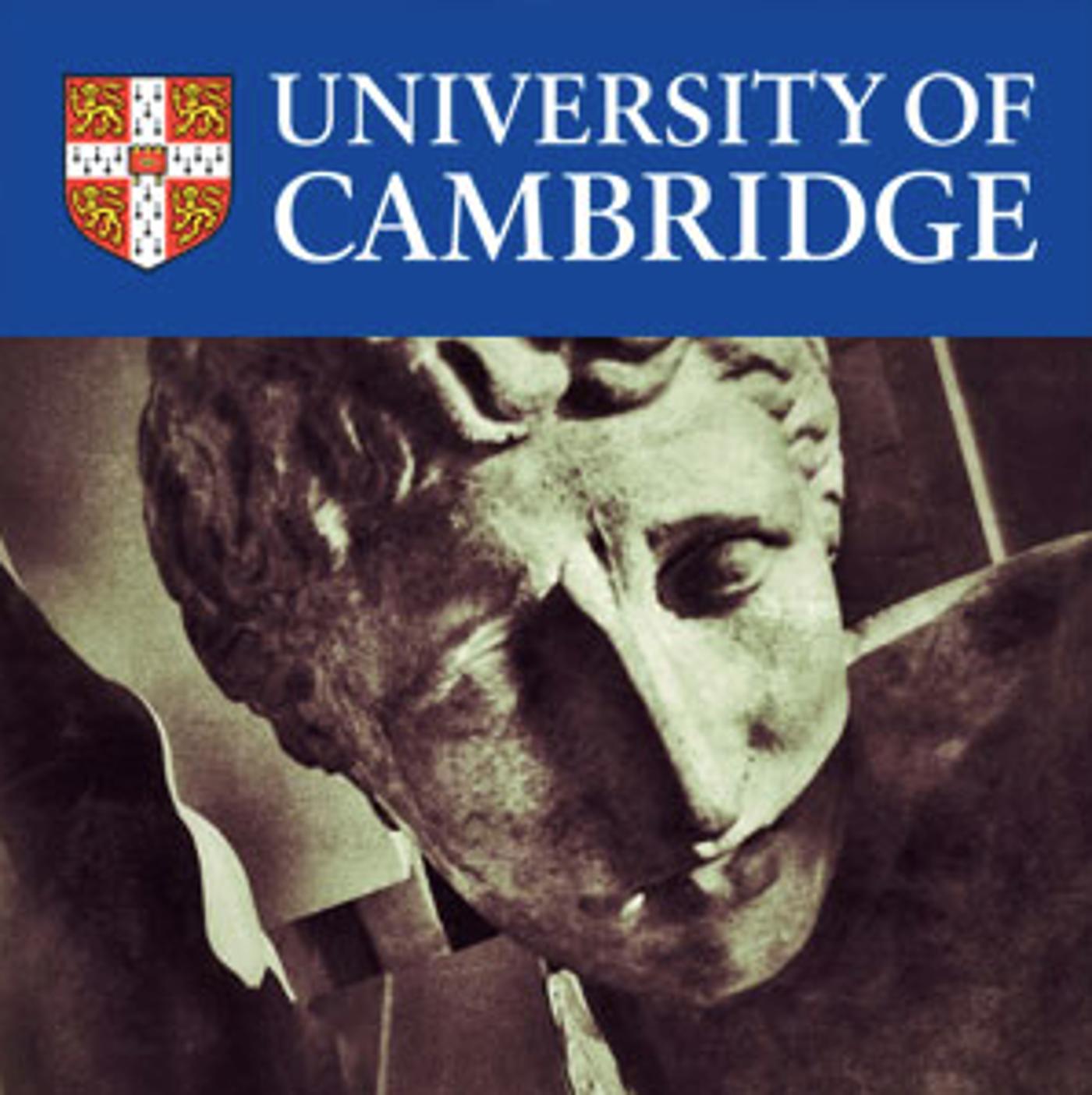Political Liberalism, Antidiscrimination Law, and Expressive Harm
Update: 2024-10-30
Description
This paper presents a problem for political liberalism as a theory of equal citizenship. It seems political liberalism's conception of citizenship is too thin to extend antidiscrimination law to denials of service in the marketplace for goods which do not materially harm citizens' access to goods and service, such the case of LGBTQ+ customers seeking wedding cakes from religious bakers who oppose same-sex marriage. I suggest the problem runs even deeper than it initially appears: antidiscrimination law is special in certain ways, and political liberalism must be able to identify certain acts as saliently discriminatory and rely on this fact in the justification of antidiscrimination law. I argue political liberalism can properly justify antidiscrimination law in the wedding cake case by expanding citizens' interests to include a judiciously circumscribed interest in public recognition. The denial of service to LGBTQ+ customers sets back this interest, amounting to an expressive harm. I then show this sort of expressive harm meets other conditions for it to count as discrimination. Lastly, I argue this kind of discrimination is morally weighty, completing the defence for extensive antidiscrimination law within political liberalism.
Comments
In Channel

